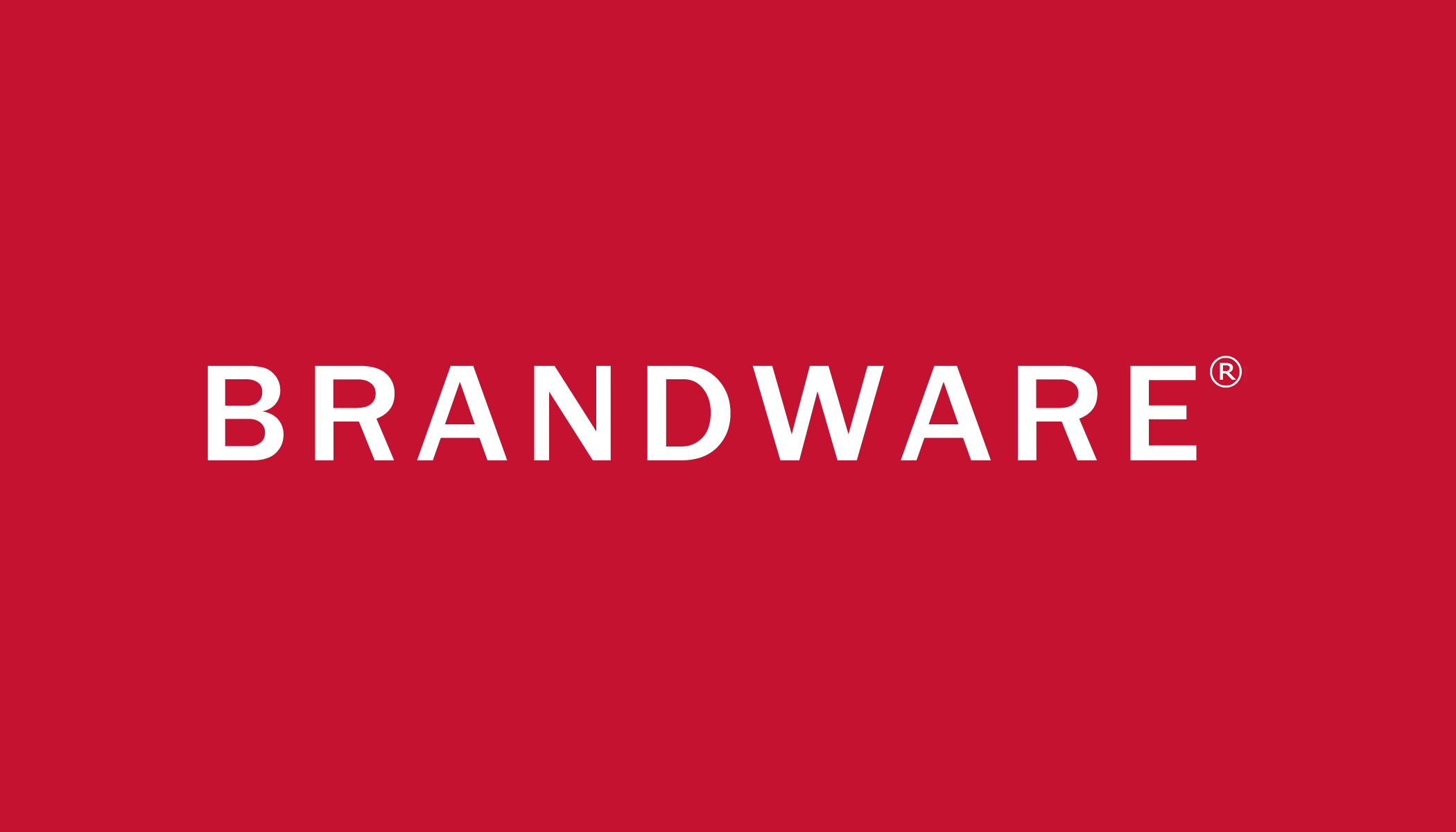Search Engine Marketing: Methods and Mistakes
With a world of information at our fingertips in this day and age, it’s unlikely people will stumble across your website by accident. Search Engine Marketing (SEM) has become a necessary means to drive traffic to your site. While it’s not an exact science, there are rules you can follow that give you the best chance of getting the clicks that matter.
Here are best practices from SEO expert, Brodie Schroeder, to use when employing a SEM strategy.
When might you want to use a Pay-Per-Click (PPC) approach over an organic Search Engine Optimization (SEO) strategy?
It depends on your goal. For a longer sales process, you want to educate your customer before they become a lead. So, you could distribute content that attracts them through search engines and then convert them later through targeting. That way you’re driving website traffic and you’re pixeling them through Facebook, LinkedIn or Google display remarketing. It’s cost-effective because they’ve already engaged with your brand, so conversion is more likely. For more commodity products, it’s a little different. You will want a more PPC driven strategy versus an organic approach. You always want to build up your SEO so you don’t have to worry about PPC, but it doesn’t always happen. With PPC you can get on the first page of Google for any keywords you want to bid on and pay for. With an organic approach there are some terms you’re simply never going to capture because there is too much competition for the words.
What are some tips or best practices you recommend when using PPC?
One approach we really like to take with PPC is to separate terms into their own ad groups, which is called “single keyword ad groups”. This is when you take every keyword, create a specific ad group for each one, then add a broad match campaign similar to it, and then combine them to run that way. What this means is the broad match version is kind of like a phishing campaign, where you’re leveraging a wider reach so different terms can trigger that campaign. You then look at the search terms report and the keywords that perform well are put in their own ad group. Then when you create an ad for that specific keyword it’s very targeted. When each ad group or keyword has its own ad, your quality scores will go up, and you’ll have a less expensive cost per click. It’s a lot harder to manage, but it’s an advanced strategy a lot of people are using right now.
What about improving your organic SEO?
Better content is invaluable. I see a lot of people write a blog post without any kind of target keyword in mind for which they’re trying to rank. Generally, you want to have an idea of what term you might want to rank for before you even write the article. Then when you do write the article you want to make it informational, valuable, and user driven so they can take action. Add a lot of screenshots or a video embedded to increase dwell time. Dwell time, or how much time a user spends on your page, is one of the ranking factors that Google looks at, so you want to optimize it. Longer content tends to do that. Also backlinks are a big factor. Getting backlinks not just from anywhere but from the right sources, people in the industry, well known sites with high domain authority, will increase your online ranking.
So the way you format your site has an impact on your SEO?
The bots look at all kinds of factors, even your site structure. If you’re using H1 tags correctly, for example, you should only have one H1 on a page, the search engine bots will recognize that. A lot of people will write blog posts that will have multiple H1s and no structure to it and Google won’t be able to tell what is important on the page.
What are some common SEM mistakes that you see people make?
Not using landing pages for their PPC is the biggest paid mistake.. Some people will just send you to their home page, and you’re basically wasting money at that point because you aren’t giving the user a call to action or clear message. For organic search, either not writing enough content or getting backlinks from spammy sources will halt all good efforts.
